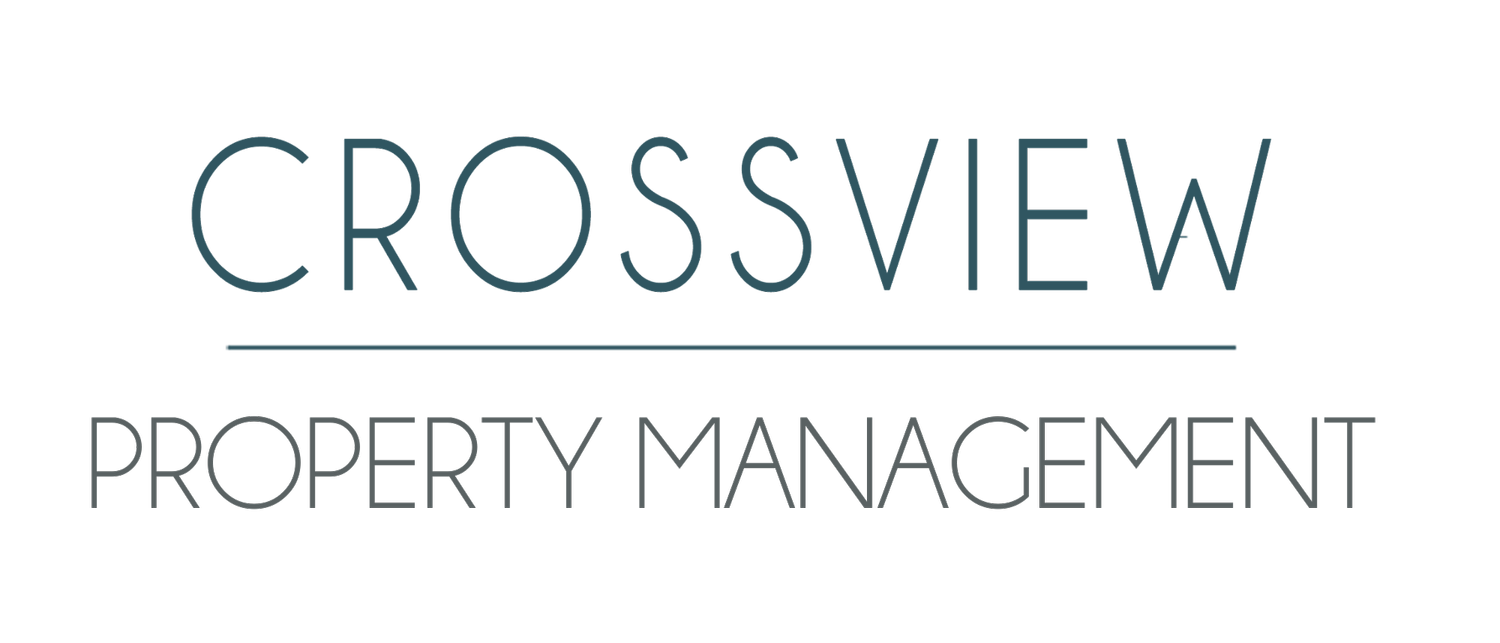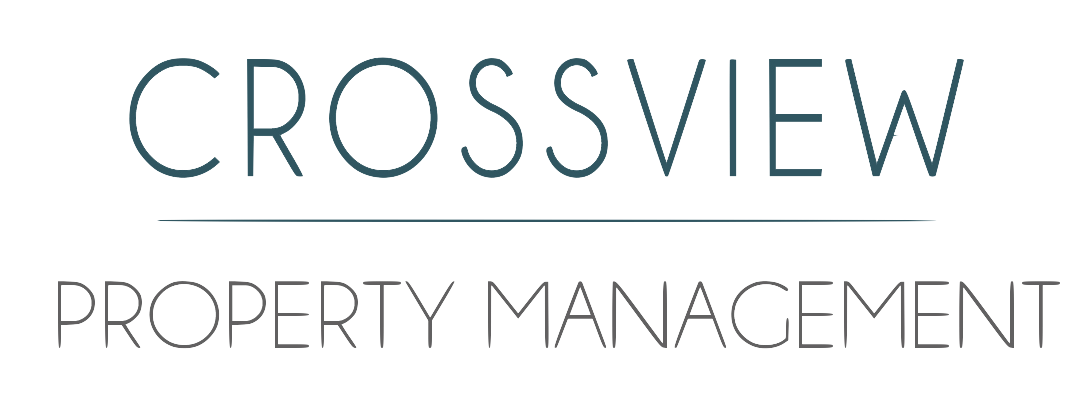Florida Rentals: The Difference Between Short-Term and Long-Term Rentals
If you own property in Florida, do you know whether your rental is legally considered short-term or long-term—and why it matters?
Under Florida law, the distinction between short-term and long-term rentals comes down to the length of the tenancy and how it’s regulated. Short-term rentals are generally rented for fewer than 30 days at a time, often requiring specific licenses and tax collection, while long-term rentals run for months or years under the Florida Residential Landlord and Tenant Act.
Short-Term Rentals in Florida
Definition:
A short-term rental in Florida is generally a rental period of fewer than 30 days and is often associated with vacation rentals, seasonal rentals, or Airbnb/VRBO properties.
Legal Considerations:
Licensing – Most short-term rentals require a license from the Florida Department of Business and Professional Regulation (DBPR) under the Division of Hotels and Restaurants.
Taxes – You must collect and remit Florida’s 6% sales tax, any applicable county tourist development tax, and possibly local discretionary sales surtax.
Local Restrictions – Many Florida cities and counties regulate or restrict short-term rentals through zoning ordinances. Some HOAs prohibit them entirely.
Not Covered by Chapter 83 – The Florida Residential Landlord and Tenant Act does not apply to transient occupancy arrangements. Instead, these are governed by hospitality laws.
Long-Term Rentals in Florida
Definition:
A long-term rental typically runs for more than six months and is the classic landlord-tenant relationship most people think of when renting a home or apartment.
Legal Considerations:
Covered by Chapter 83 – The Florida Residential Landlord and Tenant Act governs the relationship, outlining the rights and duties of both parties.
No DBPR License Required – Unlike short-term rentals, you do not need a hospitality license for long-term residential leases.
No Tourist Taxes – Rent from leases longer than six months is exempt from sales and tourist development taxes.
Stronger Tenant Rights – Long-term tenants have statutory rights regarding notices, security deposits, repairs, and eviction procedures.
Mid-Term Rentals (The “In-Between” Option)
Some landlords offer monthly rentals for 1–6 months. These may be treated differently depending on:
Whether the guest’s primary residence is elsewhere (may be considered transient).
The exact lease term (leases of more than 6 months and 1 day are exempt from tourist taxes).
Pros & Cons for Landlords
Short-Term Rentals
Pros:
Potentially higher nightly rates.
Flexible use of the property.
Ability to adjust pricing seasonally.
Cons:
Heavier regulation and licensing requirements.
More frequent wear and tear.
Higher vacancy and turnover costs.
Long-Term Rentals
Pros:
Steady, predictable income.
Less frequent turnover.
Covered by established landlord-tenant law.
Cons:
Lower potential rent compared to short-term rates.
Less flexibility to reclaim the property during the lease term.
Best Practices for Florida Property Owners
Check Local Rules First – City or county ordinances may be stricter than state law for short-term rentals.
Decide Based on Your Goals – If you want high seasonal income, short-term may be appealing. For stable year-round income, long-term is safer.
Understand Your Legal Obligations – From taxes to tenant rights, compliance is key to avoiding fines or lawsuits.
Final Takeaway
In Florida, the difference between short-term and long-term rentals comes down to both length of stay and legal treatment. Short-term rentals function more like hospitality businesses, with licensing, taxes, and stricter local rules. Long-term rentals fall under Florida’s landlord-tenant laws, offering more stability but less flexibility. Knowing which applies to your property is essential for staying compliant and protecting your investment.
Property management is hard enough—partner with someone who stays on top of Florida law changes and works to maintain your investment. Complete our Contact Us form or call us at 904-855-7933 to learn more about how CrossView Property Management in Jacksonville, FL, can work for you.


